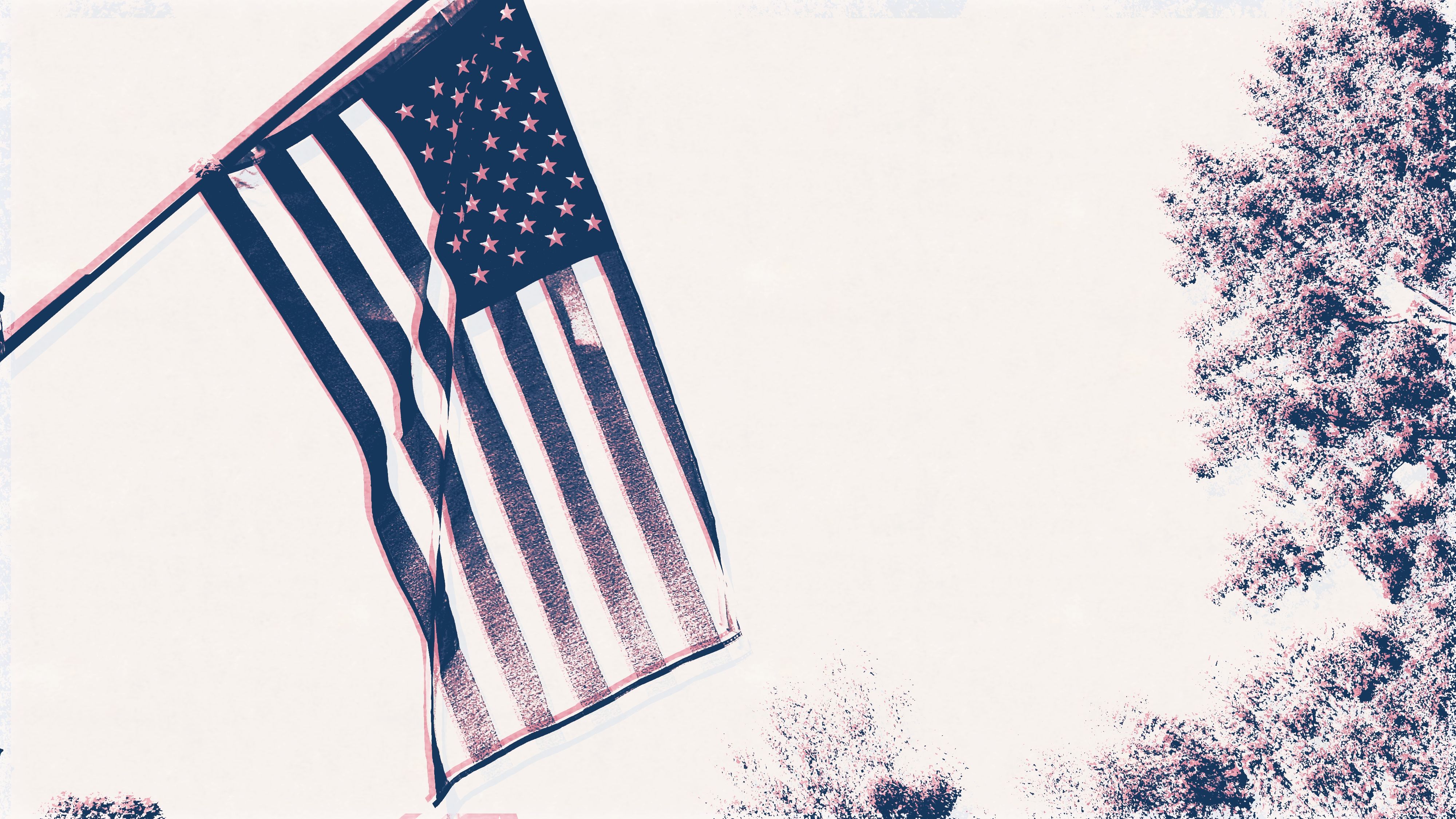It may feel like the national anthem has always been played at sporting events around the world. Despite the frequent occurrence of this tradition, many Cabrini students do not know why the national anthem is played before a sports game.
Sahian Rodriguez, junior psychology major, has no knowledge about the history of the national anthem nor why it is performed at sporting events.
“I don’t know. It’s just always been a thing,”Rodriguez said. “It just feels like something you’re supposed to do and no one really tells you why.”
Sophomore early education student Tessa Redding did not know the significance of the national anthem in sports either, though she believes it is important and that it should be played before every game.
“It’s just the right thing to do, to represent our country,” Redding said. She added that while it is significant, she is not entirely aware of what that significance is. “It does mean something, but, I mean, I don’t know what.”
Filippo Mancuso, sophomore pre-med major, on the other hand, is very passionate about the national anthem playing before every sports game.“The number one reason is to commemorate the brave men and women out there who fight everyday for our rights, but also pay patriotism to our country.”
The national anthem is currently performed before all Major League Soccer, Major League Baseball, National Football League, National Hockey League and National Basketball Association games with at least one American team participating.
The national anthem was played at sports game throughout the 1800s, but the tradition of performing it consistently can be traced back to the 1918 World Series, during the first World War.
During the seventh-inning stretch, the on-hand military band performed the Star-Spangled Banner. Fred Thomas, third basemen for the RedSox and former navy sailor, responded by saluting the flag. Players and audience members followed his salute in a civilian manner, placing their hands over their hearts. By the end of the song, everyone was attentive and cheering.
Other teams repeated this until performing the Star-Spangled Banner became a tradition. This tradition was a way for Americans to honor those who could not be on the baseball field because they were on the battlefield.
Along with honoring American soldiers, the song inspired competitors. The national anthem is first and foremost a battle song.
The Star-Spangled Banner was written by Francis Scott Key during the Battle of Baltimore. The battle occurred on Sept. 13, 1814. Key, an American lawyer, watched the British bombard American ships from his boat. He was so inspired by the sight and the American victory, he wrote the poem titled “Defense of Fort M’Henry.”
These lyrics were later put to the tune of popular British song “To Anacreon in Heaven” and it became the Star-Spangled Banner. Key’s poem was four stanzas long, though the national anthem only includes the first stanza.
In 1931, The Star-Spangled Banner became the official anthem for America.
The national anthem is a song about battle and war as well as winning. In a nation that honors battles and glorifies victories, it is fitting to play the nation’s most prideful battle song before a sports competition.
For years, U.S. citizens gallantly sang along to the Star-Spangled Banner at sporting events. But as the war came to an end and Americans became more content, audiences were less attentive, less interested, and less respectful. They became desensitized to the performances. Now, very few know the history or meaning of the anthem and do not care to find out.
Recently, the disrespect has escalated. Citizens are not only unfazed by the national anthem— they just ignore it, talk through it and are ignorant of its history— people are actively objecting to the anthem.
One famous athlete who is speaking out against the national anthem is Colin Kaepernick, quarterback for the San Francisco 49ers. Kaepernick’s silent protest became during preseason and has continued, now joined by several other NFL players.
Kaepernick is not the first athlete to refuse to stand during the national anthem and he probably will not be the last. First African American Major League Baseball player Jackie Robinson, Muslim basketball player Mahmoud Abdul-Rauf and black-power olympic sprinters Tommie Smith and John Carlos have all protested against and abstained from the national anthem.
While athletes have begun protesting the anthem because of the issues in today’s society, swimmers Marissa Loro and Caitlyn Hill said that now is when people should respect the anthem, to help America.
“It shows support for our country,” said Hill.
“It’s to show patriotism,” added Loro. “It’s good to have honor for your country.”
Mancuso also speaks in favor of the national anthem, not just before sporting events, but all major event. He argues that pledging allegiance to the flag does not equate to agreeing with everything that is wrong with America today. Instead, he encourages people to respect the national anthem as a way of paying tribute to the soldiers and recognizing the unalienable rights that the foundation of the country was built on.
“It’s about honoring the constitution and what our founding fathers created for the nation. It has nothing to do with what is being brought up today in the news.”



